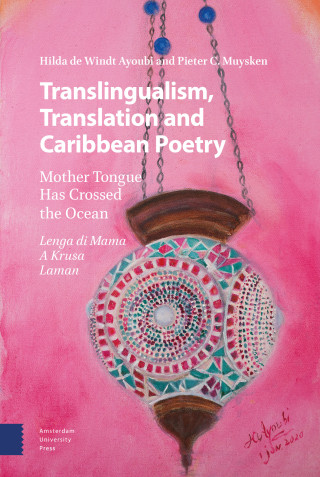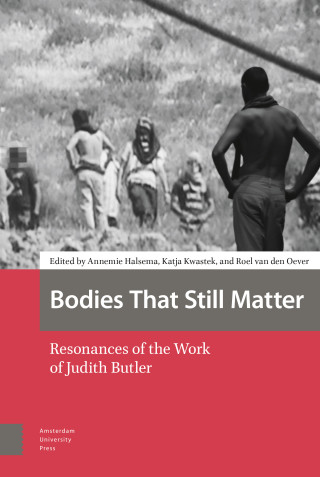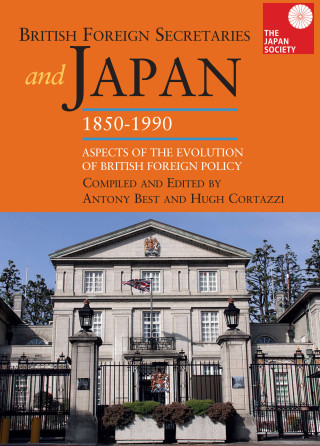In our globalized world, a unique type of intercultural encounter has emerged: that between the speaking body and the foreign language. From Vladimir Nabokov and Maxine Hong Kingston to Yoko Tawada, writers have vividly captured the tensions and possibilities of this encounter—where tongues are “murderous” and words become feasts. Accented Speech in Literature, Art, and Theory offers an analysis of speaking, writing, and performing with an accented tongue. Through an evocative blend of theoretical rigor and literary sensibility, Tingting Hui spotlights the “melodrama” of accented speech—a performance that exposes the bodily nature of language, bridging the erotic and the vulnerable, the audible and the visual. By rethinking accented voices as critical figures of resistance and creativity, this book invites readers to embrace the symphony of sounds that challenge norms and unsettle hierarchies. A richly textured journey, it celebrates the accent as a site of desire, vulnerability, and creativity.





